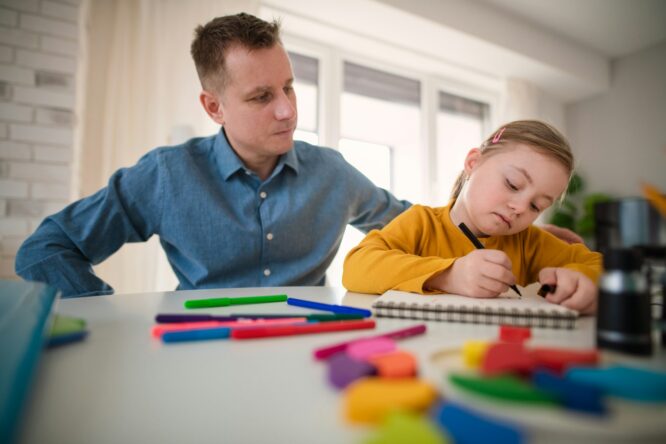Parenting doesn’t require perfection—that would be impossible anyway—but it does demand self-awareness, patience, and a willingness to grow.
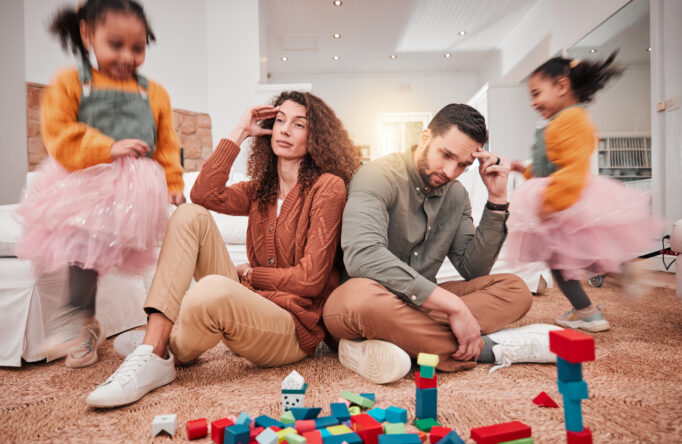
Kids aren’t emotional punching bags or props to fill a void. They deserve safety, care, and consistent love. And while nobody’s ever fully “ready,” there are certain traits that suggest someone really shouldn’t step into parenthood until they’ve done the work. These are the qualities that signal someone simply isn’t equipped to raise a child—at least not yet.
1. They refuse to take responsibility for their actions.

If someone never owns up when they’re wrong, they’ll struggle to create the safe, honest environment children need. Kids don’t just learn from what you say—they learn from what you model. Deflecting blame or making excuses teaches them to do the same.
Parenting requires humility. It means saying sorry, adjusting, and accepting that you’ll mess up sometimes. Someone who can’t even do that in adult relationships is nowhere near prepared to raise a child with emotional safety in mind.
2. They treat control like love.
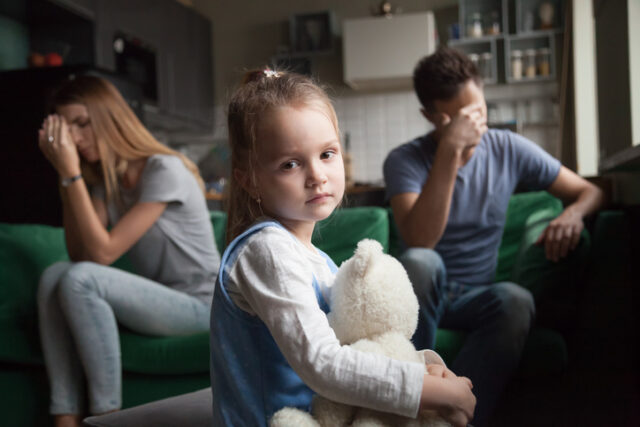
People who blur the line between control and care often micromanage their kids in ways that feel stifling, not supportive. They expect obedience without question and mistake submission for respect. Children raised in that environment don’t feel guided—they feel monitored. And over time, they either rebel in unhealthy ways or shrink themselves to avoid conflict. Neither path builds confidence or trust.
3. They have zero patience for emotions, especially messy ones.

If someone sees crying, whining, or meltdowns as personal attacks, they’ll constantly punish their child for being human. Kids aren’t calm, rational beings. They’re still figuring it out, and they need adults who don’t take that personally. Parenting demands more emotional patience than most things in life. If someone already struggles with emotional regulation, raising a child will stretch them past their limits unless they’ve learned how to manage that first.
4. They use people to meet their emotional needs.
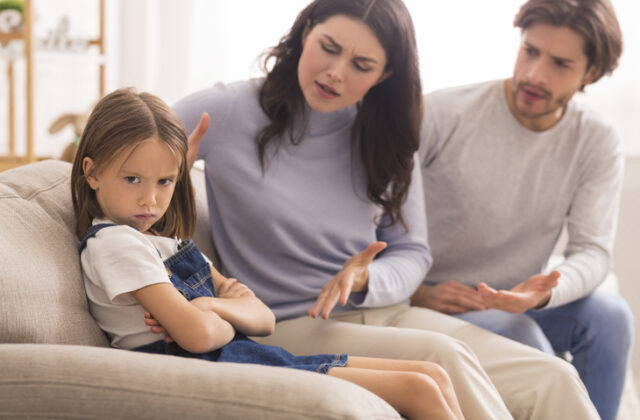
When someone expects other people to soothe, validate, or fix them constantly, they’re emotionally dependent—and that dynamic is especially harmful when directed at a child. Kids are not emotional caretakers. Children shouldn’t be expected to cheer up their parents, keep the peace, or act as sounding boards. When that line gets crossed, it breeds guilt, anxiety, and confusion. It’s a hard wound to unlearn later in life.
5. They’re obsessed with how things look to other people.

People who parent for the photo, the performance, or the approval of other people often prioritise appearances over connection. Their child’s well-being becomes secondary to how things come across on the outside. That kind of pressure teaches kids to hide their struggles and perform happiness, even when they’re hurting. It creates a home where vulnerability is unwelcome and perfection is everything, which leads to emotional disconnection fast.
6. They can’t handle being told no.
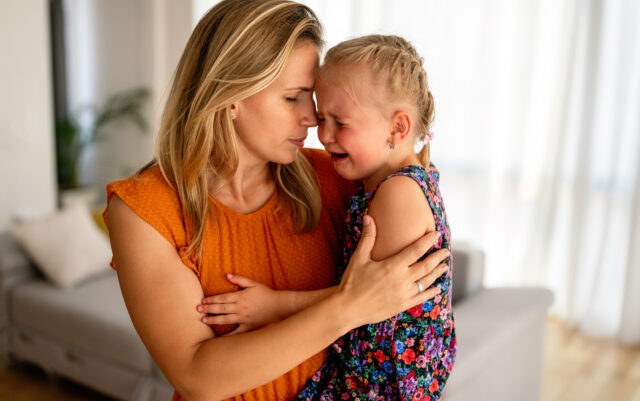
Anyone who reacts with anger, guilt trips, or stonewalling when faced with a boundary is not emotionally mature enough to be a parent. Children say no often. It’s how they learn autonomy and self-expression. Parents who see that as defiance rather than growth end up controlling, shaming, or breaking their child’s spirit instead of guiding them. If someone takes every challenge as disrespect, they’re not ready to raise someone who’s learning how to think for themselves.
7. They’re chronically reactive.

Parenting brings constant interruptions, stress, and unpredictability. Someone who’s always snapping, yelling, or storming out when things don’t go their way will create a fearful home environment, even if they love their child deeply.
Kids don’t just hear your words. They feel your tone. If a child never knows whether they’ll get a calm response or a blow-up, they grow up tense, unsure, and disconnected from themselves. Emotional stability is a core parenting tool, not a bonus trait.
8. They hold grudges and can’t let things go.
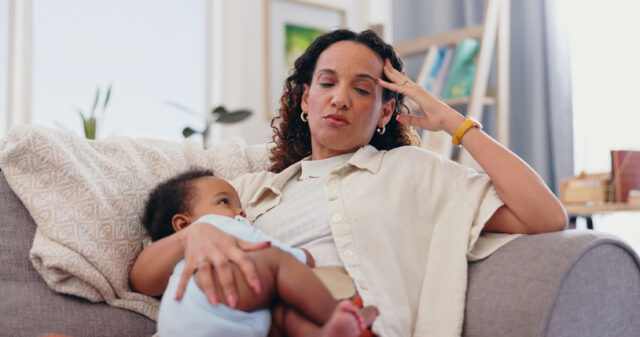
If someone struggles to forgive or move on from mistakes, they’ll likely bring that energy into parenting—and kids make a lot of mistakes—on repeat. Holding onto resentment or keeping score doesn’t help anyone grow. Children need grace. They need the space to mess up and know it won’t be weaponised against them later. Parents who can’t offer that leave their child constantly chasing approval they might never receive.
9. They have no intention of healing their own wounds.
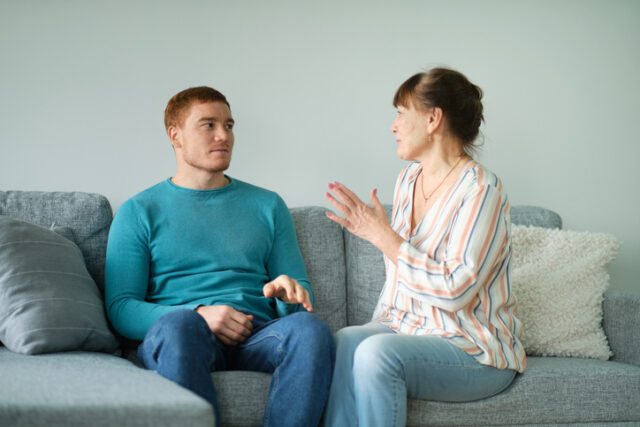
Everyone has baggage. But people who flat-out refuse to deal with theirs often project it straight onto their children. They recreate the same dynamics they swore they’d avoid because they haven’t unpacked what hurt them in the first place. Parenting isn’t about being healed; it’s about being willing to try. If someone won’t even look at their own patterns, they’ll end up passing those patterns down without even realising it.
10. They treat parenting as a status symbol.
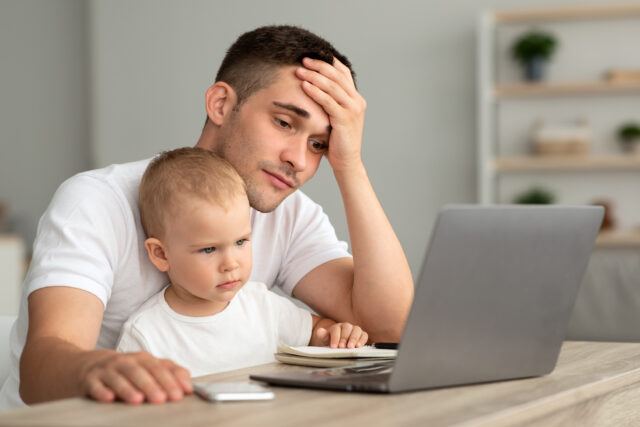
Some people want kids to check a box, complete a picture, or prove something to the world. However, children aren’t lifestyle accessories. They’re complex, emotional beings who need time, energy, and presence, not just a name on a Christmas card. If someone’s more focused on what parenting looks like from the outside than what it requires on the inside, they’re not coming into it for the right reasons. Kids can feel that from early on.
11. They turn everything into a power struggle.

If a person sees every disagreement as a challenge to their authority, they’re likely to take things too personally, and respond with force instead of flexibility. Kids push back. It’s not rebellion; it’s development. Parents who meet that pushback with control or punishment instead of curiosity teach kids to suppress themselves or fight harder. That kind of dynamic turns the home into a battlefield instead of a safe base.
12. They don’t respect children as people.

Some adults still believe children should be “seen and not heard,” or that respect only flows upward. But raising a child without respecting their voice, thoughts, and individuality only creates resentment and emotional distance. Kids notice when they’re dismissed. They also thrive when they’re heard. Parenting isn’t about dominating—it’s about guiding. If someone can’t treat children like real people, they shouldn’t be raising one yet.
13. They use guilt to get their way.
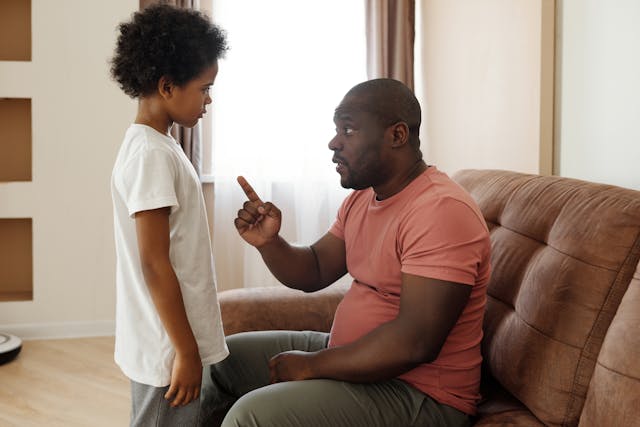
“After all I’ve done for you,” “You’re breaking my heart,” and “You’ll understand when you’re older”—these are the kinds of phrases that manipulate instead of connect. They twist the conversation and shift blame onto the child. Guilt is a tool, and in the wrong hands, it becomes emotional control. If someone leans on it often in adult relationships, they’re almost guaranteed to use it in parenting too, and that creates shame instead of security.
14. They expect children to meet their unmet needs.

This is the one that hides in plain sight. People who didn’t get love, care, or validation growing up sometimes expect their child to fill that space. However, kids aren’t built to fix what a parent didn’t receive. That’s a weight they’re not meant to carry.
It might look like over-involvement, emotional dependence, or praise that comes with pressure. And over time, the child starts to feel like their worth is tied to their parent’s emotional survival. That’s not love; it’s neediness dressed up as devotion.


